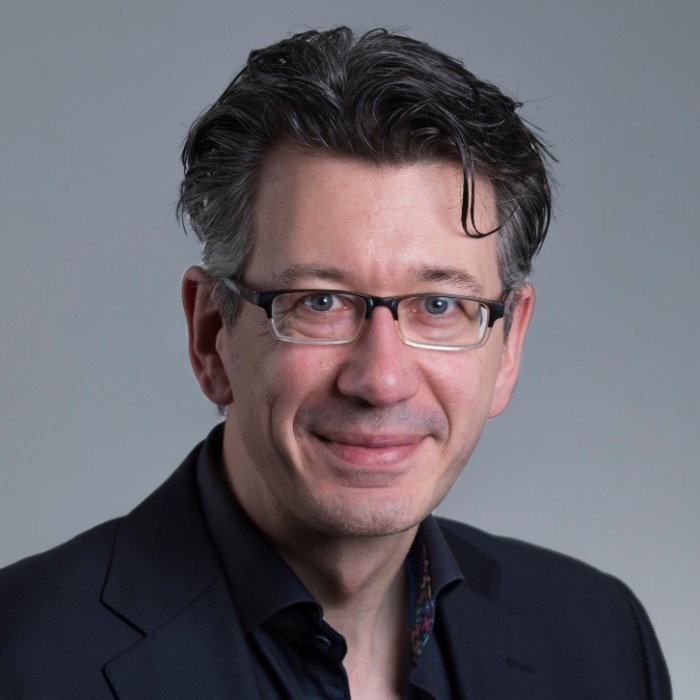
Dr
Result laboratorium
Dordrecht,
The Netherlands
Dr Riedl has a strong background in clinical laboratory work and is an internationally recognised expert in hematology in general and digital microscopy in particular/specifically. Dr Riedl has experience from several senior positions at the Albert Schweitzer Hospital in Dordrecht, Beatrix Hospital in Gorinchem and the Ikazia Hospital in Rotterdam in both clinical chemistry and hematology. He is involved in several start-ups (Vitestro, Labonovum) and serves on the board of Cellavision since 2018.
The workflow and algorithm to diagnose leukaemia needs to be optimised for patient care and laboratory use. Methods such as cytomorphology (including cytochemistry) on peripheral blood smears or bone marrow smears as well as immunophenotyping have the shortest TAT. Thus, first discrimination of the respective leukaemia, e.g. acute leukaemia, chronic leukaemia, myeloid, lymphatic, is a hallmark of these two methods. As therapeutic options increase and precision medicine offers a lot of new drugs and increases cure rates, this is now more important than ever. The combination of phenotypical methods such as cytomorphology, flow and cytogenetics is known to be the backbone of any kind of leukaemia diagnostics. In addition, an increasing number of molecular essays addressing specific genes or fusion genes are becoming state-of-the-art today. Cases with acute promyelocytic leukaemia (APL) in particular need a very quick diagnosis to start the correct treatment. This will eventually lead to a cure rate of over 90 per cent. Therefore, assays based on morphology and flow will guide subsequent methods such as molecular genetics addressing PML-RARA, which are possible by FISH and finally chromosomal analysis.